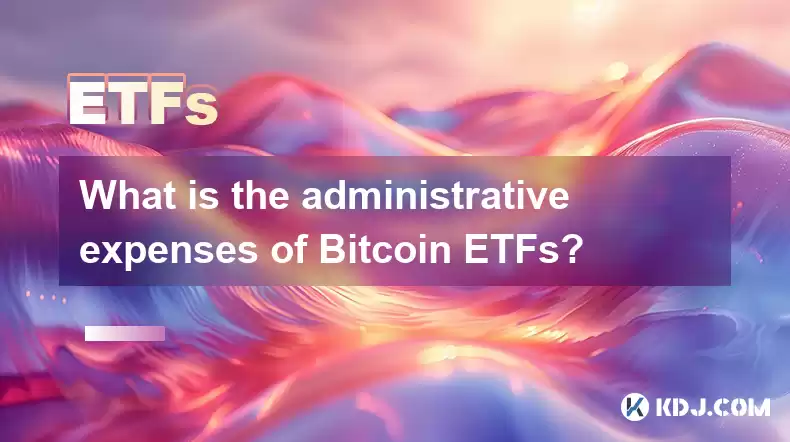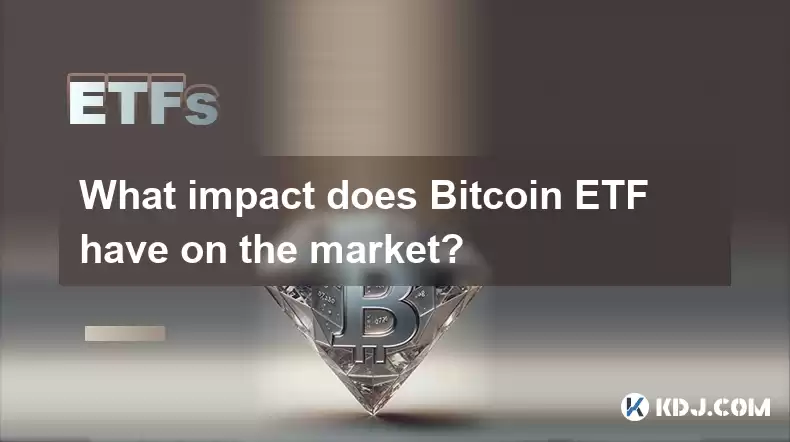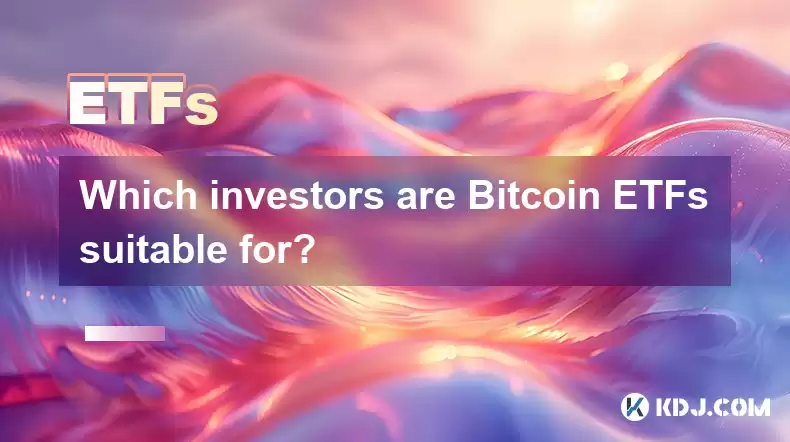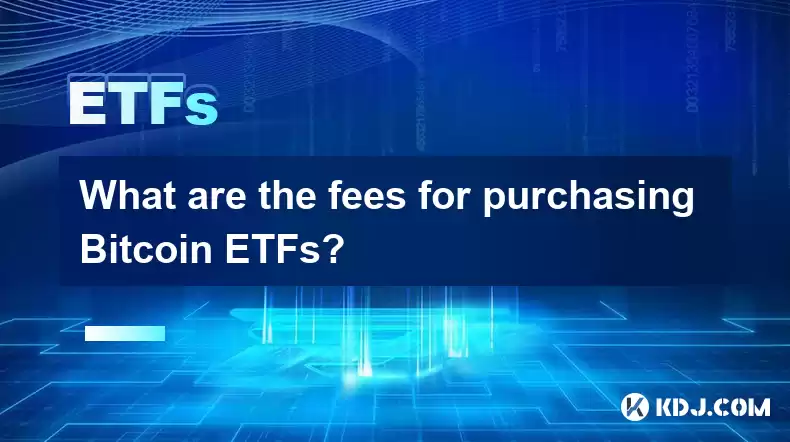-
 Bitcoin
Bitcoin $112400
-1.07% -
 Ethereum
Ethereum $3409
-3.27% -
 XRP
XRP $2.784
-6.60% -
 Tether USDt
Tether USDt $0.9997
-0.03% -
 BNB
BNB $739.3
-2.09% -
 Solana
Solana $158.0
-2.90% -
 USDC
USDC $0.9998
-0.02% -
 TRON
TRON $0.3213
-0.94% -
 Dogecoin
Dogecoin $0.1929
-5.01% -
 Cardano
Cardano $0.6974
-2.82% -
 Hyperliquid
Hyperliquid $36.69
-2.31% -
 Sui
Sui $3.327
-4.80% -
 Stellar
Stellar $0.3672
-5.18% -
 Chainlink
Chainlink $15.65
-3.07% -
 Bitcoin Cash
Bitcoin Cash $525.0
-1.68% -
 Hedera
Hedera $0.2291
-6.00% -
 Avalanche
Avalanche $20.91
-2.96% -
 Ethena USDe
Ethena USDe $1.000
0.00% -
 Toncoin
Toncoin $3.520
-1.12% -
 UNUS SED LEO
UNUS SED LEO $8.968
0.14% -
 Litecoin
Litecoin $105.7
0.26% -
 Shiba Inu
Shiba Inu $0.00001181
-1.79% -
 Polkadot
Polkadot $3.492
-2.08% -
 Uniswap
Uniswap $8.800
-3.10% -
 Dai
Dai $0.9999
-0.01% -
 Monero
Monero $289.9
-3.17% -
 Bitget Token
Bitget Token $4.243
-1.27% -
 Pepe
Pepe $0.00001006
-3.67% -
 Cronos
Cronos $0.1248
-5.68% -
 Aave
Aave $249.7
-2.50%
What is the administrative expenses of Bitcoin ETFs?
Understanding administrative expenses in Bitcoin ETFs is crucial, as they can impact performance and net returns for investors over time.
Feb 26, 2025 at 12:24 am

Key Points:
- Administrative expenses are a crucial factor to consider when evaluating Bitcoin ETFs.
- These expenses can significantly impact the performance of the fund and ultimately the investor's returns.
- Understanding the various components of administrative expenses is essential for informed decision-making.
- Comparing administrative expenses across different Bitcoin ETFs allows investors to identify the most cost-effective options.
Bitcoin ETF Administrative Expenses
Bitcoin ETFs incur various administrative expenses, which are deducted from the fund's assets on an ongoing basis. These expenses can include:
- Management Fees: The investment manager charges a percentage of the fund's assets as a management fee. The specific percentage varies based on the fund and the manager's reputation. Management fees are generally paid on a quarterly or annual basis and can be a significant expense over time.
- Custody Fees: Bitcoin ETFs require a custodian to safeguard the underlying Bitcoin assets. The custodian charges a fee for storing, handling, and securing the Bitcoin. Custody fees vary based on the custodian's security measures and the amount of Bitcoin held by the ETF.
- Trading Fees: ETFs incur trading fees when they buy or sell Bitcoin to maintain their target exposure. The frequency and size of these trades can influence the overall trading expenses of the fund.
- Exchange Fees: Bitcoin ETFs may be subject to fees charged by the stock exchange on which they trade. These fees vary based on the exchange and the volume of shares traded.
- Other Expenses: Other administrative expenses may include legal and compliance costs, marketing expenses, and insurance premiums.
Impact of Administrative Expenses on Performance
Administrative expenses can significantly impact the performance of Bitcoin ETFs. The higher the expenses, the lower the net return to investors.
- Lower Returns: If administrative expenses are high, the ETF will generate lower returns for investors, even if the underlying Bitcoin price increases.
- Hidden Costs: Administrative expenses are often overlooked when investors compare ETFs. However, these expenses can represent a substantial portion of the fund's total costs.
- Long-Term Impact: Administrative expenses compound over time, reducing investor returns. The impact is more significant for investors who hold the ETF for longer periods.
Comparing Administrative Expenses
Comparing administrative expenses across different Bitcoin ETFs is crucial for identifying the most cost-effective options.
- Expense Ratios: ETFs disclose their administrative expenses as part of their expense ratio. The expense ratio is expressed as a percentage of the fund's assets and includes all operating expenses. A lower expense ratio indicates lower administrative expenses.
- Fund Prospectus: The fund prospectus provides detailed information about the ETF's administrative expenses. Investors should carefully review the prospectus to understand the various fees and charges associated with the fund.
- Third-Party Ratings: Independent rating agencies provide ratings for Bitcoin ETFs based on various factors, including administrative expenses. These ratings can help investors identify ETFs with attractive expense profiles.
FAQs:
- What are the lowest-cost Bitcoin ETFs? Answer: Some of the lowest-cost Bitcoin ETFs include: - Grayscale Bitcoin Trust (GBTC): 2.00% expense ratio - Valkyrie Bitcoin Strategy ETF (BTF): 0.95% expense ratio - ProShares Bitcoin Strategy ETF (BITO): 0.95% expense ratio
- How can I reduce administrative expenses when investing in Bitcoin ETFs? Answer: To reduce administrative expenses, investors can: - Choose ETFs with low expense ratios - Consider buying Bitcoin directly instead of through an ETF - Negotiate lower management fees with the investment manager
- What are the tax implications of Bitcoin ETF administrative expenses? Answer: Administrative expenses are not tax-deductible for investors. They are considered part of the fund's operating expenses and are reflected in the ETF's net asset value (NAV).
Disclaimer:info@kdj.com
The information provided is not trading advice. kdj.com does not assume any responsibility for any investments made based on the information provided in this article. Cryptocurrencies are highly volatile and it is highly recommended that you invest with caution after thorough research!
If you believe that the content used on this website infringes your copyright, please contact us immediately (info@kdj.com) and we will delete it promptly.
- Grayscale, Altcoin Trust, and Mid-Cap Mania: What's the Deal?
- 2025-08-03 08:50:16
- XRP, ADA, and the Altcoin Evolution: What's Hot and What's Next
- 2025-08-03 08:30:16
- HBAR Price Check: Will Monthly Gains Hold at This Resistance Level?
- 2025-08-03 08:30:16
- Bitcoin, Cryptos, and Retirees: A New Era of Investment?
- 2025-08-03 08:50:16
- BlockDAG's Presale Power & Active Miners: A New York Minute on Crypto's Hottest Trend
- 2025-08-03 08:55:25
- BlockDAG Presale Heats Up: SUBBD Trails as Innovation Meets Execution
- 2025-08-03 09:00:16
Related knowledge

What role does SEC play in Bitcoin ETF approval?
Feb 25,2025 at 06:48am
Key Points:SEC's Role in Bitcoin ETF Approval ProcessHistorical Efforts to Establish a Bitcoin ETFSEC's Criteria for Bitcoin ETF ApprovalPotential Imp...

Who is eligible to issue Bitcoin ETFs?
Feb 25,2025 at 11:13am
Key Points:Only regulated financial institutions with the necessary expertise and infrastructure are eligible to issue Bitcoin ETFs.The Securities and...

What impact does Bitcoin ETF have on the market?
Feb 25,2025 at 11:37am
Key Points:Introduction to Bitcoin ETFs and their role in the cryptocurrency marketHistorical development and performance of Bitcoin ETFsPotential ben...

Which investors are Bitcoin ETFs suitable for?
Feb 27,2025 at 04:01pm
Key Points:Understanding Bitcoin ETFsBenefits of Bitcoin ETFsSuitability of Bitcoin ETFs for Different InvestorsAssessing Risk Tolerance and Investmen...

What is the administrative expenses of Bitcoin ETFs?
Feb 26,2025 at 12:24am
Key Points:Administrative expenses are a crucial factor to consider when evaluating Bitcoin ETFs.These expenses can significantly impact the performan...

What are the fees for purchasing Bitcoin ETFs?
Feb 27,2025 at 07:13pm
Key Points:Bitcoin exchange-traded funds (ETFs) are a cost-effective and regulated way to gain exposure to Bitcoin.Fees associated with Bitcoin ETF pu...

What role does SEC play in Bitcoin ETF approval?
Feb 25,2025 at 06:48am
Key Points:SEC's Role in Bitcoin ETF Approval ProcessHistorical Efforts to Establish a Bitcoin ETFSEC's Criteria for Bitcoin ETF ApprovalPotential Imp...

Who is eligible to issue Bitcoin ETFs?
Feb 25,2025 at 11:13am
Key Points:Only regulated financial institutions with the necessary expertise and infrastructure are eligible to issue Bitcoin ETFs.The Securities and...

What impact does Bitcoin ETF have on the market?
Feb 25,2025 at 11:37am
Key Points:Introduction to Bitcoin ETFs and their role in the cryptocurrency marketHistorical development and performance of Bitcoin ETFsPotential ben...

Which investors are Bitcoin ETFs suitable for?
Feb 27,2025 at 04:01pm
Key Points:Understanding Bitcoin ETFsBenefits of Bitcoin ETFsSuitability of Bitcoin ETFs for Different InvestorsAssessing Risk Tolerance and Investmen...

What is the administrative expenses of Bitcoin ETFs?
Feb 26,2025 at 12:24am
Key Points:Administrative expenses are a crucial factor to consider when evaluating Bitcoin ETFs.These expenses can significantly impact the performan...

What are the fees for purchasing Bitcoin ETFs?
Feb 27,2025 at 07:13pm
Key Points:Bitcoin exchange-traded funds (ETFs) are a cost-effective and regulated way to gain exposure to Bitcoin.Fees associated with Bitcoin ETF pu...
See all articles

























































































